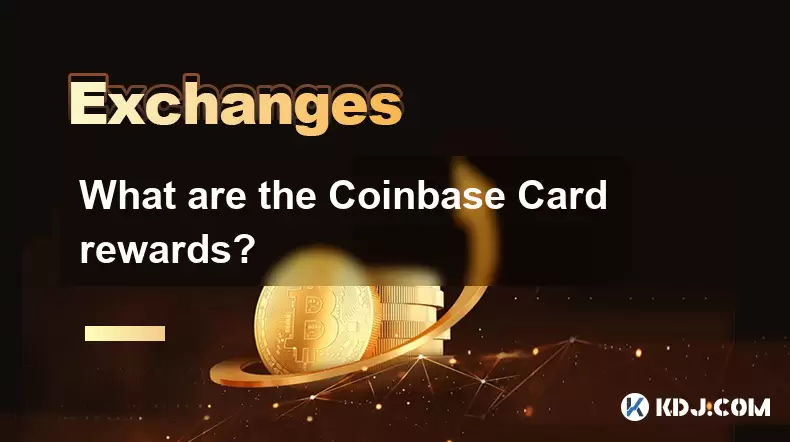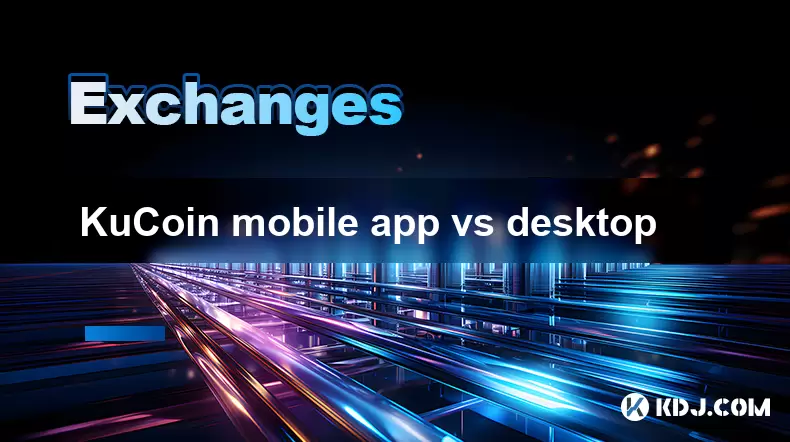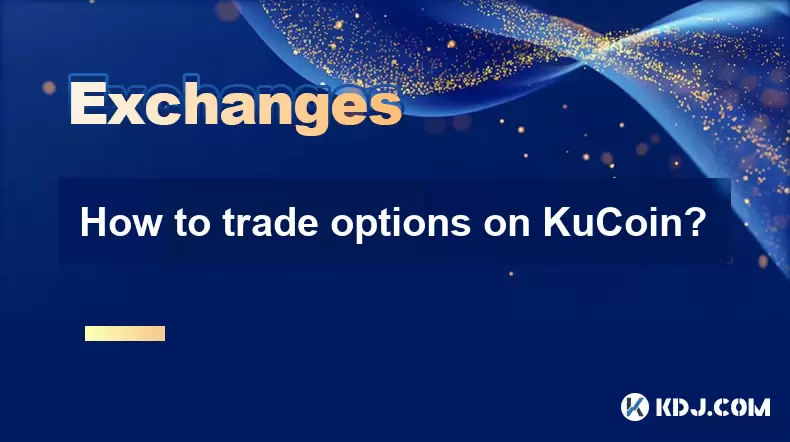-
 Bitcoin
Bitcoin $118400
0.39% -
 Ethereum
Ethereum $3814
2.17% -
 XRP
XRP $3.547
1.34% -
 Tether USDt
Tether USDt $1.000
0.00% -
 BNB
BNB $769.5
2.95% -
 Solana
Solana $191.7
6.36% -
 USDC
USDC $0.9999
0.01% -
 Dogecoin
Dogecoin $0.2722
7.75% -
 Cardano
Cardano $0.8995
5.59% -
 TRON
TRON $0.3158
-0.78% -
 Hyperliquid
Hyperliquid $47.37
4.46% -
 Stellar
Stellar $0.4848
3.54% -
 Sui
Sui $4.031
1.72% -
 Chainlink
Chainlink $20.11
3.94% -
 Hedera
Hedera $0.2832
3.16% -
 Avalanche
Avalanche $26.20
4.27% -
 Bitcoin Cash
Bitcoin Cash $530.5
0.67% -
 Shiba Inu
Shiba Inu $0.00001568
3.59% -
 Litecoin
Litecoin $118.4
1.42% -
 UNUS SED LEO
UNUS SED LEO $8.976
-0.23% -
 Toncoin
Toncoin $3.349
2.54% -
 Polkadot
Polkadot $4.590
2.54% -
 Uniswap
Uniswap $10.56
-0.59% -
 Ethena USDe
Ethena USDe $1.001
0.00% -
 Monero
Monero $327.7
0.39% -
 Pepe
Pepe $0.00001422
2.62% -
 Bitget Token
Bitget Token $4.973
-1.22% -
 Dai
Dai $1.000
0.02% -
 Aave
Aave $331.9
1.59% -
 Bittensor
Bittensor $429.6
-0.56%
What are the Coinbase Card rewards?
The Coinbase Card offers up to 4% crypto back on purchases, with rewards automatically credited to your account in the same cryptocurrency used for the transaction.
Jul 20, 2025 at 03:00 am

Understanding the Coinbase Card and Its Incentive Structure
The Coinbase Card is a crypto-linked debit card that allows users to spend their cryptocurrency holdings directly at merchants that accept Visa. Unlike traditional debit cards that draw from fiat currency accounts, the Coinbase Card enables users to convert crypto to fiat in real time during transactions. One of the key features that attract users to this card is its reward system, which provides incentives for regular usage.
The reward mechanism is designed to encourage users to transact using their crypto balances instead of converting them to traditional currency beforehand. These rewards are typically issued in the form of crypto back on every purchase, with the percentage varying depending on the card tier and the type of cryptocurrency used for the transaction.
How the Coinbase Card Rewards Program Works
The Coinbase Card operates on a tiered rewards system, where users can earn varying percentages of their spending back in crypto. The amount of rewards earned depends on the user’s Coinbase account level and the type of crypto used for purchases. For instance, users with higher account verification levels or those who hold specific cryptocurrencies may qualify for increased reward percentages.
- Users can earn up to 4% crypto back on eligible purchases.
- The standard reward rate for most users is typically 1% crypto back.
- Higher-tier users or those who stake specific assets may receive enhanced rewards.
- Rewards are credited automatically to the user’s Coinbase account in the same cryptocurrency used for the transaction.
It is important to note that rewards are subject to change based on Coinbase’s policies and promotional offers. Users should regularly check the official Coinbase website or their account dashboard for the latest updates on reward rates.
Eligibility Criteria for Earning Rewards
To participate in the Coinbase Card rewards program, users must meet certain eligibility requirements. These include:
- Having a verified Coinbase account.
- Being a resident of a supported region, such as the United States, the United Kingdom, or parts of the European Union.
- Maintaining a minimum balance or staking certain assets to qualify for higher reward tiers.
- Ensuring the card is activated and linked to a valid crypto wallet within the Coinbase app.
Users must also ensure their crypto balances are sufficient to cover transactions, as the card does not support overdrafts or credit features. In the event of insufficient funds, the transaction may be declined, and no rewards will be issued for that attempt.
Claiming and Tracking Coinbase Card Rewards
Once a transaction is completed, the rewards are processed automatically and appear in the user’s Coinbase account within a few days. Users can track their earned crypto rewards through the Coinbase mobile app or web platform by navigating to the "Rewards" section under their card settings.
- Go to the Coinbase app.
- Tap on the Coinbase Card tab.
- Select "Rewards" to view a detailed breakdown of earnings.
- Rewards are displayed in the native cryptocurrency used for each transaction.
- Users can also view transaction history to see which purchases qualified for rewards.
There is no need to manually claim or redeem these rewards; they are credited directly to the user’s wallet. However, users should ensure their Coinbase account remains in good standing to continue receiving rewards without interruption.
Supported Cryptocurrencies for Earning Rewards
The Coinbase Card allows users to spend a wide range of cryptocurrencies, and rewards are typically issued in the same asset used for the transaction. Some of the most commonly supported cryptocurrencies for earning rewards include:
- Bitcoin (BTC)
- Ethereum (ETH)
- Litecoin (LTC)
- Bitcoin Cash (BCH)
- Stablecoins like USD Coin (USDC)
Depending on the region and ongoing promotions, additional cryptocurrencies may be added to the list of eligible assets for earning rewards. Users should check the "Rewards" section in their Coinbase Card settings to see which assets qualify for enhanced rates at any given time.
Frequently Asked Questions
Q: Can I earn Coinbase Card rewards on all types of transactions?
A: Most eligible purchases qualify for rewards, but certain types of transactions such as ATM withdrawals, cash advances, or bill payments may not be eligible. It’s best to review the list of excluded transaction types in your Coinbase Card settings.
Q: Are Coinbase Card rewards taxable?
A: Yes, crypto rewards may be considered taxable income depending on your jurisdiction. Users should consult with a tax professional or refer to local tax regulations to understand their obligations regarding crypto rewards earned through the Coinbase Card.
Q: How often are Coinbase Card rewards credited to my account?
A: Rewards are typically credited within 24 to 72 hours after a qualifying transaction is processed. Delays may occur due to network congestion or transaction verification times.
Q: Can I switch the cryptocurrency I earn rewards in?
A: No, rewards are always issued in the same cryptocurrency used for the transaction. If you want to earn rewards in a different asset, you must change the default spending currency in your Coinbase Card settings before making a purchase.
Disclaimer:info@kdj.com
The information provided is not trading advice. kdj.com does not assume any responsibility for any investments made based on the information provided in this article. Cryptocurrencies are highly volatile and it is highly recommended that you invest with caution after thorough research!
If you believe that the content used on this website infringes your copyright, please contact us immediately (info@kdj.com) and we will delete it promptly.
- WIF Rockets: Riding the Bull Run Wave in Cryptocurrency
- 2025-07-21 18:50:12
- XRP Ledger Heats Up: Network Activity and Trader Buying on the Rise!
- 2025-07-21 18:50:12
- BFX, Altcoins, and ROI: Chasing the Next Big Crypto Wave
- 2025-07-21 18:55:12
- MANTRA's Price Comeback: A Stock Market Mantra?
- 2025-07-21 18:30:12
- Ethereum's Epic July: Weekly Inflows and Digital Asset Dominance
- 2025-07-21 18:30:12
- Altseason Alert: Bitcoin Consolidates as Altcoins Steal the Show
- 2025-07-21 19:00:12
Related knowledge

KuCoin mobile app vs desktop
Jul 19,2025 at 08:35am
Overview of KuCoin Mobile App and Desktop PlatformThe KuCoin ecosystem offers both a mobile app and a desktop platform, each designed to cater to diff...

Is KuCoin a decentralized exchange?
Jul 18,2025 at 03:15pm
Understanding Decentralized Exchanges (DEXs)To determine whether KuCoin is a decentralized exchange, it's essential to first understand what defines a...

How to trade options on KuCoin?
Jul 19,2025 at 03:42am
Understanding Options Trading on KuCoinOptions trading on KuCoin allows users to speculate on the future price movements of cryptocurrencies without o...

What are KuCoin trading password rules?
Jul 20,2025 at 07:56am
Understanding the Purpose of a Trading Password on KuCoinOn KuCoin, a trading password serves as an additional layer of security beyond the standard l...

Who is the CEO of KuCoin?
Jul 20,2025 at 09:35am
Background of KuCoinKuCoin is one of the largest cryptocurrency exchanges globally, known for its diverse range of trading pairs and user-friendly int...

Lost Google Authenticator for KuCoin
Jul 19,2025 at 02:35am
Understanding the Importance of Google Authenticator in KuCoin SecurityGoogle Authenticator is a critical tool used by KuCoin users to enable two-fact...

KuCoin mobile app vs desktop
Jul 19,2025 at 08:35am
Overview of KuCoin Mobile App and Desktop PlatformThe KuCoin ecosystem offers both a mobile app and a desktop platform, each designed to cater to diff...

Is KuCoin a decentralized exchange?
Jul 18,2025 at 03:15pm
Understanding Decentralized Exchanges (DEXs)To determine whether KuCoin is a decentralized exchange, it's essential to first understand what defines a...

How to trade options on KuCoin?
Jul 19,2025 at 03:42am
Understanding Options Trading on KuCoinOptions trading on KuCoin allows users to speculate on the future price movements of cryptocurrencies without o...

What are KuCoin trading password rules?
Jul 20,2025 at 07:56am
Understanding the Purpose of a Trading Password on KuCoinOn KuCoin, a trading password serves as an additional layer of security beyond the standard l...

Who is the CEO of KuCoin?
Jul 20,2025 at 09:35am
Background of KuCoinKuCoin is one of the largest cryptocurrency exchanges globally, known for its diverse range of trading pairs and user-friendly int...

Lost Google Authenticator for KuCoin
Jul 19,2025 at 02:35am
Understanding the Importance of Google Authenticator in KuCoin SecurityGoogle Authenticator is a critical tool used by KuCoin users to enable two-fact...
See all articles

























































































